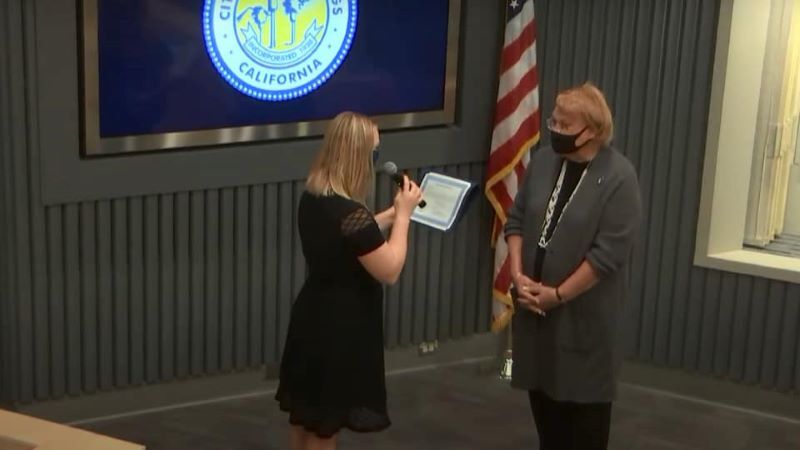A new claim filed against Palm Springs seeks upwards of $2 billion in reparation for Section 14 community members evicted from their homes and their descendants.
According to Desert Sun, a group advocating for reparation payments filed an amended claim Tuesday morning, sharply increasing the monetary damages sought. In August, the group initially issued a proposal seeking $100 million in direct payments and other benefits, such as college scholarships and down-payment assistance. Tuesday's amended claim now estimates the value of harm caused by the forced evictions to be upwards of $2 billion.
“The City of Palm Springs is deeply sorry about the action taken toward those affected by the Section 14 displacement in the 1950s and '60s," Palm Springs Mayor Lisa Middleton said in a statement on the city website.
While not addressing the spike in damages sought, Middleton outlined some of the actions Palm Springs has taken since the evictions.
"Over the past two years, the City Council and staff have set out on a course aimed at making right what happened during that period," she said. "While this process may seem to be taking longer than some might like, the city has an obligation, not only to those who were displaced, but also to its residents, businesses and taxpayers, to thoroughly investigate the history as it develops remedial programs that are fair to everyone."
Middleton's statement summarized the steps the city has taken to address Section 14. Among them, the city in July changed the landscape outside City Hall by removing the statue of former Mayor Frank Bogert, who was the mayor during the forced evictions. Additionally, in September 2021, Palm Springs formally apologized for the evictions.
Meanwhile, a news conference was held recently in Los Angeles by attorneys representing evicted families. Desert Sun reports people who lived on Section 14, as well as local and state politicians supporting the call for reparations, spoke at a event being held at a community center in Los Angeles. Palm Springs Councilmember Christy Holstege, Assemblymember Isaac Bryan (D-Jefferson Park) and Sen. Steven Bradford (D-Gardena) were all in attendance as planned speakers. Additionally, an attorney for the Section 14 Survivors Group spoke at the event.
According to the city, Section 14 was a one-square-mile neighborhood owned by the Agua Caliente Band of Cahuilla Indians and served as an area of primary residence for people of color proceeding the Great Depression all the way to 1964. Forced evictions for residents of the neighborhood began in late 1954 and continued through 1966. An estimated 200 homes were destroyed during the evictions.

